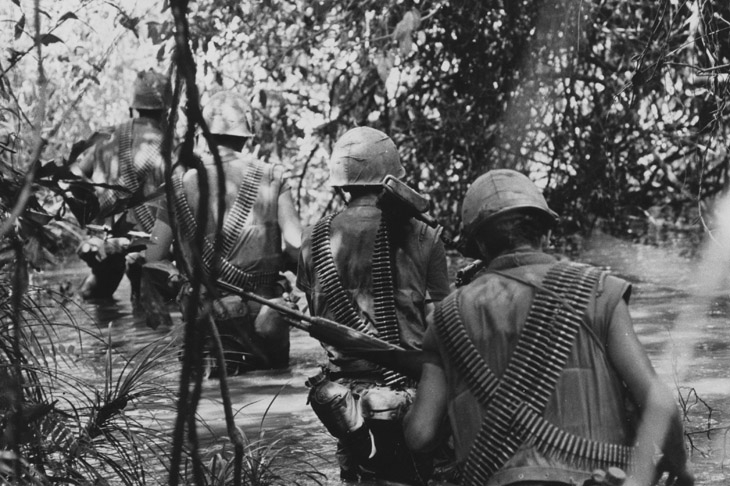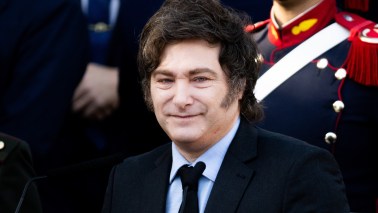At first glance, Robert Olen Butler’s Perfume River seems like an application for a National Book Award. Its protagonist, Robert, a 70-year-old history professor, lives in comfortable ennui with his semiotician wife, Darla: tenure, sabbaticals, staring through separate study windows in their sprawling Florida home. It’s a life of carefully brewed coffee and
uninterrupted research. All is well, save for the growing distance in the marriage, man and wife siloed into their respective Kindle-glows at night. But a chance meeting with Bob — a homeless man Robert assumes to be a veteran — reveals the reason for the disconnect: Robert’s unacknowledged guilt about his war in Vietnam.
This is compounded when the health of his father — a second world war veteran — fails, prompting Robert to reconsider their relationship and contact his estranged brother, Jimmy, who represents the flipside of the war in Vietnam: draft-dodging, hippiedom and escape to a craftsman’s life and open marriage in Canada. Structured around a reunion at the father’s funeral, the novel interrogates its characters’ unresolved feelings about war, and the way it has changed their lives.
Perfume River is a highly accomplished novel. Butler’s prose is polished and supple, his elegant voice capable of shifting from academia to the ‘whoosh… and blare’ of combat, then to the lush immediacy of Vietnam: ‘The air was full of the perfume of fruit blossoms floating downriver, heading for the South China Sea.’ Characters are drawn with enviable economy, tangible within half a line. Close-follow third-person narration expertly assumes characters’ subjectivity, Bob’s manic internality contrasting with the river-stone smoothness of Robert’s or Darla’s. And in this elegiac story, Butler shifts between memory and the present with fluidity reminiscent of James Salter
But while adept, Perfume River sacrifices force and relevance with its generational obtuseness.








Comments
Join the debate for just £1 a month
Be part of the conversation with other Spectator readers by getting your first three months for £3.
UNLOCK ACCESS Just £1 a monthAlready a subscriber? Log in